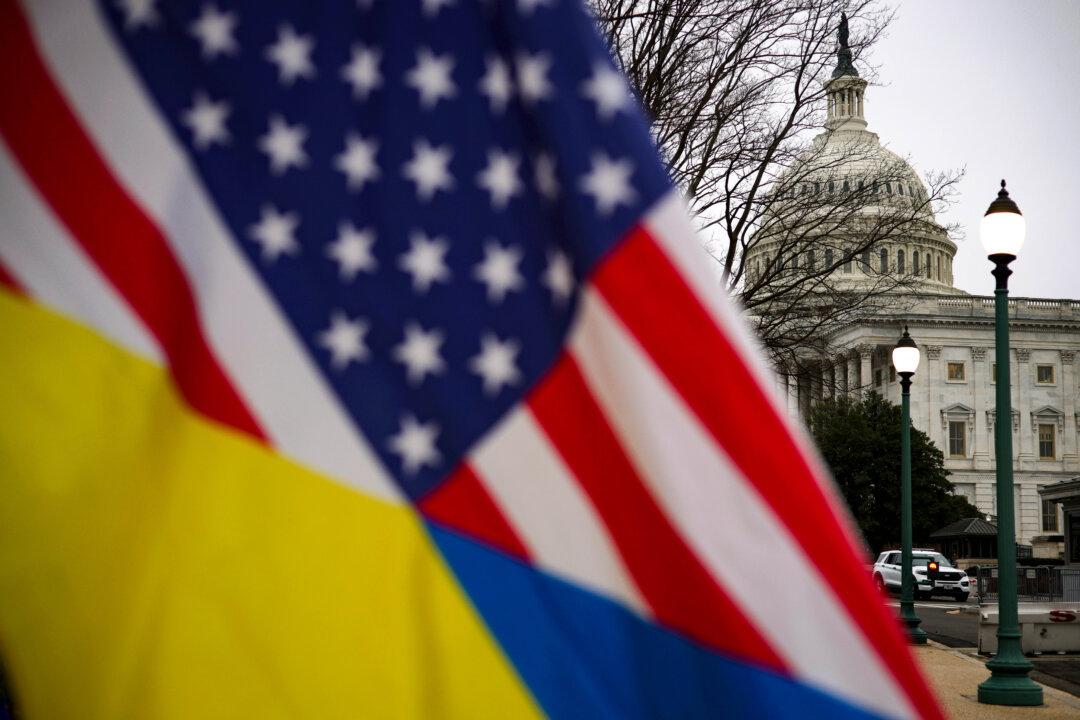Anne Milgram, head of the Drug Enforcement Administration (DEA), has said that social media companies haven’t been as cooperative as they could have in addressing the fentanyl crisis.
“We have not until recently gotten nearly as much cooperation as we need,” she said on Sunday during an appearance on NBC’s “Meet The Press.”





